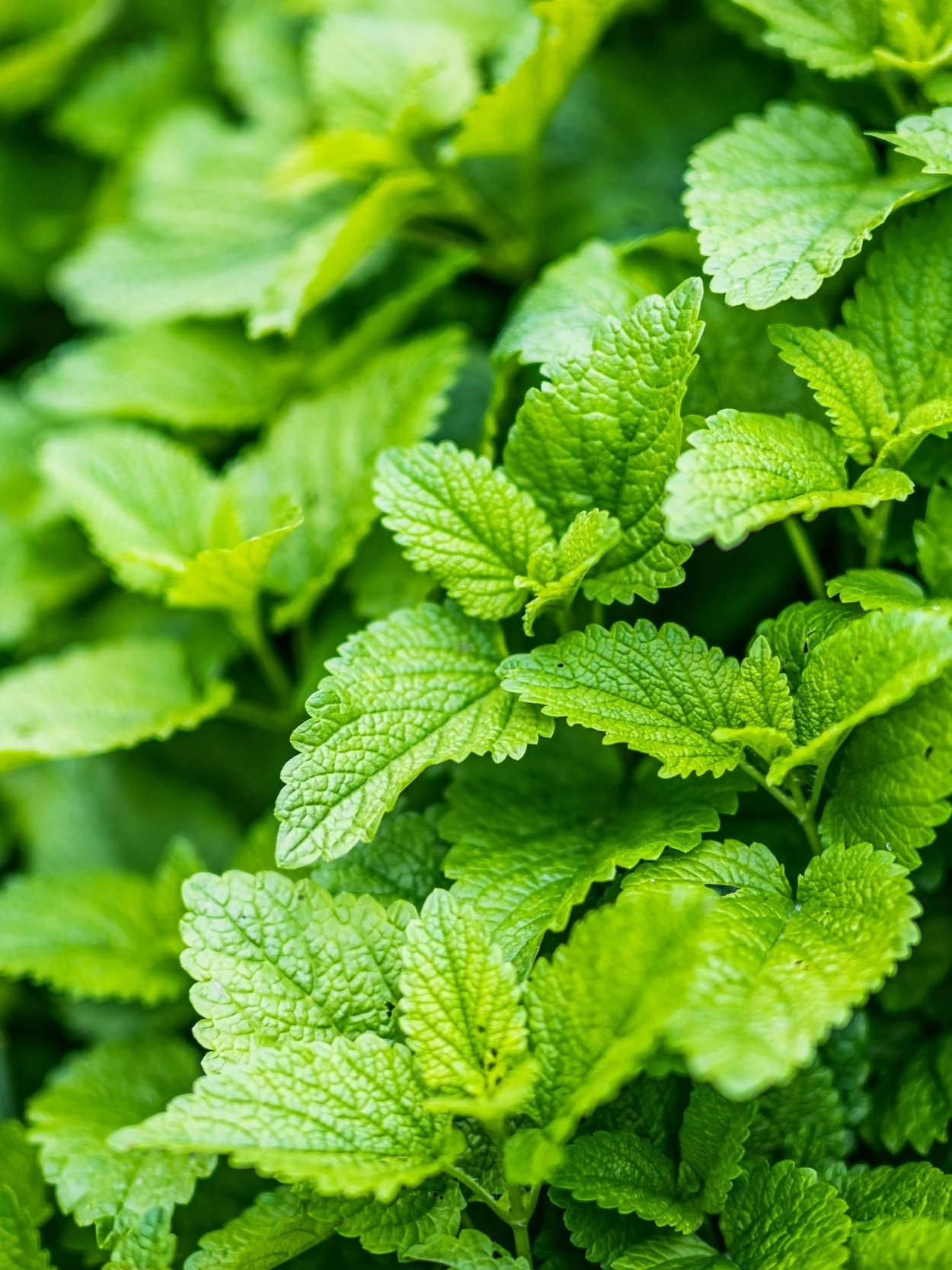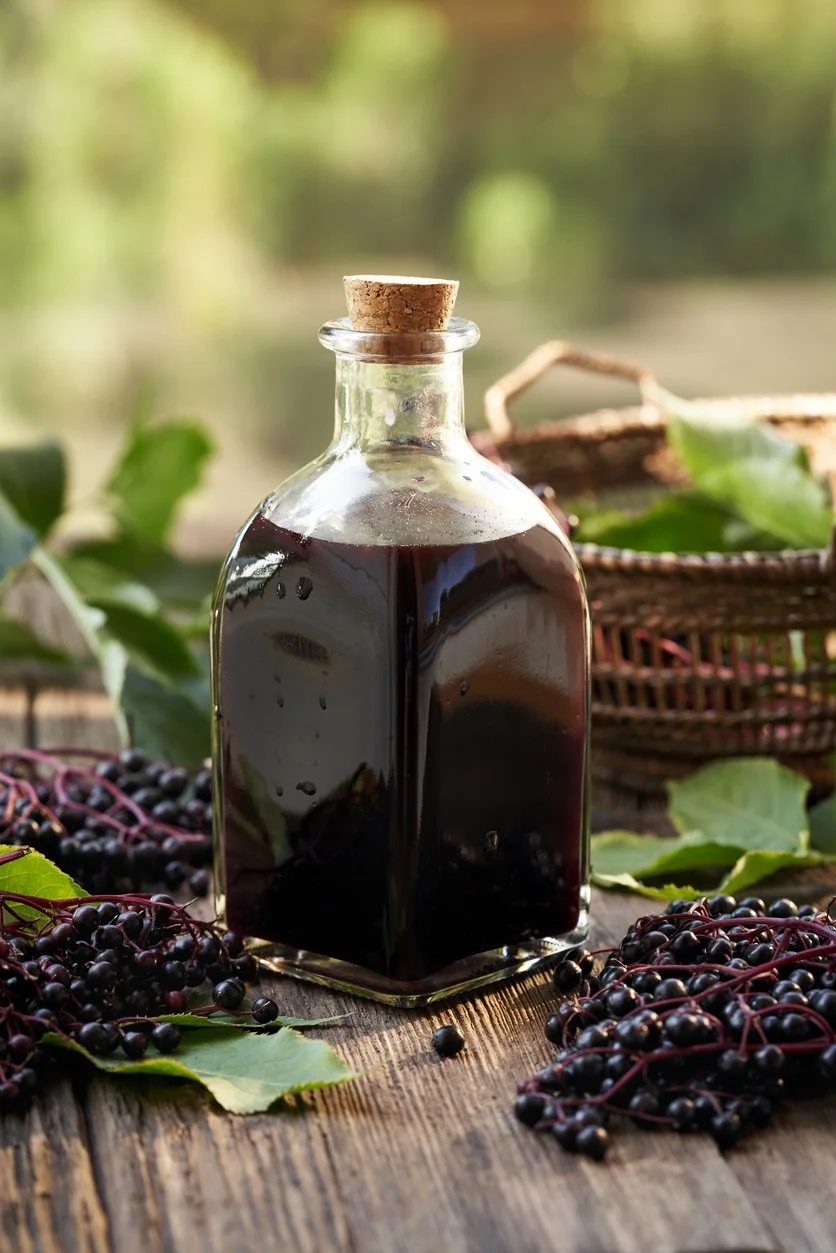Lemon Balm — The Gentle Embrace of Calm
LEMON BALM:
Planetary Energy: Jupiter and Ceres
Parts Used: Leaves
Concoctions: Tea, essential oil, tincture, food additive
Actions: Nervine, antioxidant, antiviral, antidepressant, carminative, diaphoretic, antispasmodic
Lemon balm arrives like a soft whisper — a balm not just for the body, but for the spirit. With its citrus-kissed scent and tender leaves, this nurturing plant has long been called upon to quiet the mind, uplift heavy hearts, and release tension held deep within the nervous system.
Native to Southern Europe, the Mediterranean, and parts of Asia, lemon balm’s botanical name — Melissa officinalis — carries the Greek word for “honeybee.” Legend tells of the nymph Melissa, who discovered how to obtain honey from bees. Her name became forever linked to this fragrant herb that calls in both pollinators and people seeking peace.
Throughout history, lemon balm has been cherished in folk medicine and monastic gardens. By the 14th century, it became a key ingredient in Carmelite Water, a famed elixir created by the Carmelite nuns of France. Believed to soothe nervous headaches, digestive discomfort, and even promote longevity, it was a staple for those longing for calm and clarity. During the Renaissance, the Swiss physician Paracelsus called lemon balm the “elixir of life.” It was trusted for everything from wound care and insect bites to uplifting the spirit and softening sorrow.
Energetically, lemon balm speaks to the heart and solar plexus, calming the chest, easing palpitations, and unraveling the tight knots of worry that take root in the belly. It teaches us that healing doesn’t always require effort — that there is a quiet power in yielding, a sacred strength in softness.
Modern herbalists turn to lemon balm as a gentle nervine and carminative — a soothing companion for anxiety, digestive distress, insomnia, and the cycling thoughts that keep us restless. Its volatile oils, including citral and linalool, give it both immediate and cumulative calming effects. Lemon balm’s medicine works best over time — sipped in warm tea, tucked into tinctures, or blended into nourishing food.
Reach for lemon balm during times of grief, heartbreak, or overwhelm. Brew a cup on nights when your thoughts won’t quiet. Let it soothe your gut when anxiety flares in your belly or beneath your skin. Let it be a balm for your breath, a plant that offers not just rest — but deep remembering.
Lemon balm is the warm hand on your back, the hush that says:
“You are held. You are safe. You can exhale now.”




